According to AI, This Is What Jesus Actually Looked Like
Harnessing the power of A.I., artist Bas Uterwijk has embarked on an intriguing journey, blending historical perspectives and modern technology.
His project seeks to shed light on how Jesus might have truly appeared, offering a fascinating fusion of age-old artistry and cutting-edge digital advancements.
Artists' Age-Old Challenge: Depicting Jesus
For centuries, artists have tried capturing the essence of Jesus. Across ages, from Renaissance gems to modern takes, the iconic figure has been portrayed in a myriad of ways.
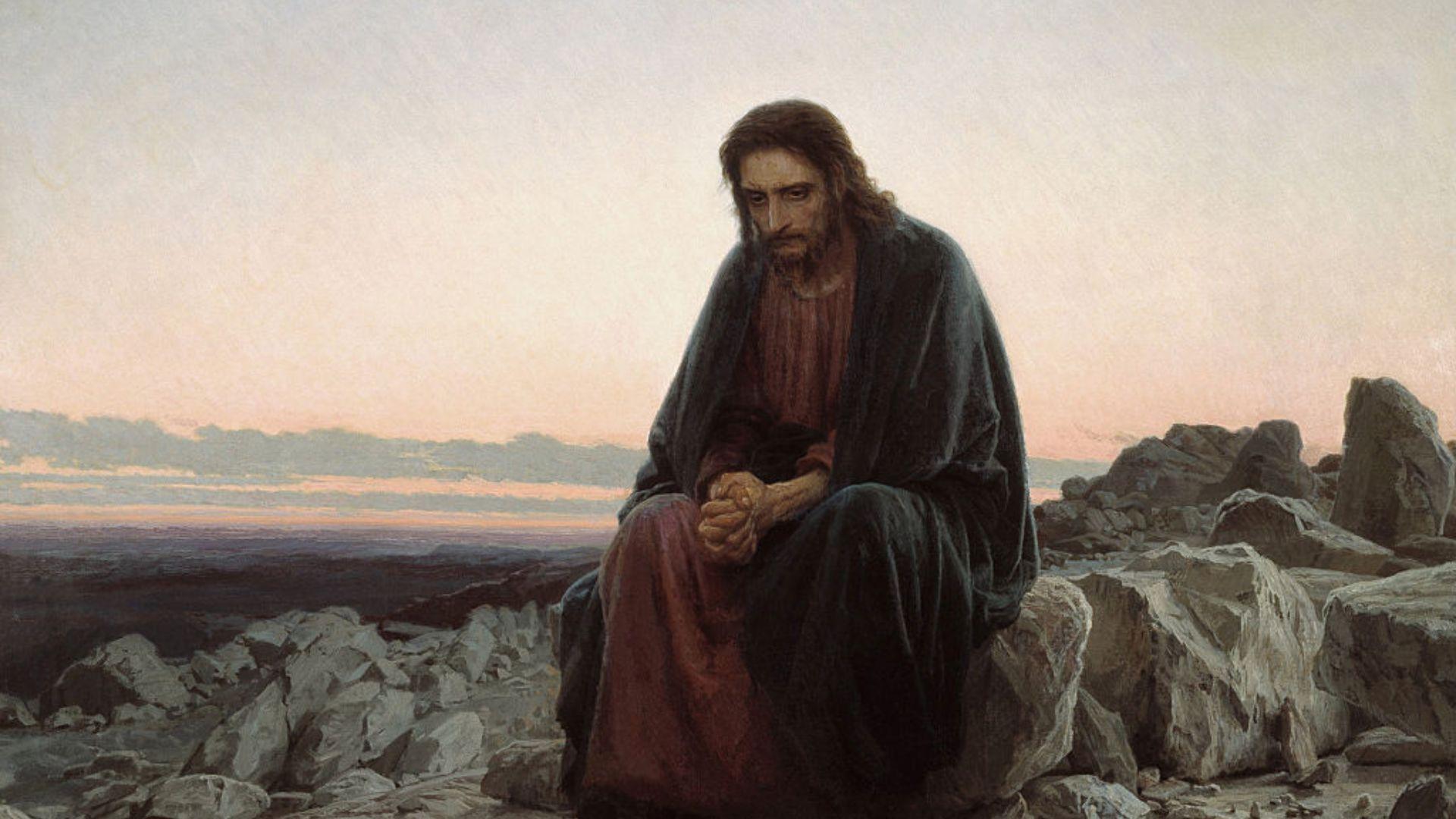
Source: Getty Images
Dutch artist Bas Uterwijk, leveraging the power of today’s A.I. technology, now adds a unique dimension to this challenge, attempting to demystify the face of Jesus through a fresh lens.
Questioning Traditional European Interpretations
Historically, many depictions of Jesus lean heavily towards European features. However, given Jesus’s Middle Eastern origins, it’s likely he had characteristics typical of that region.
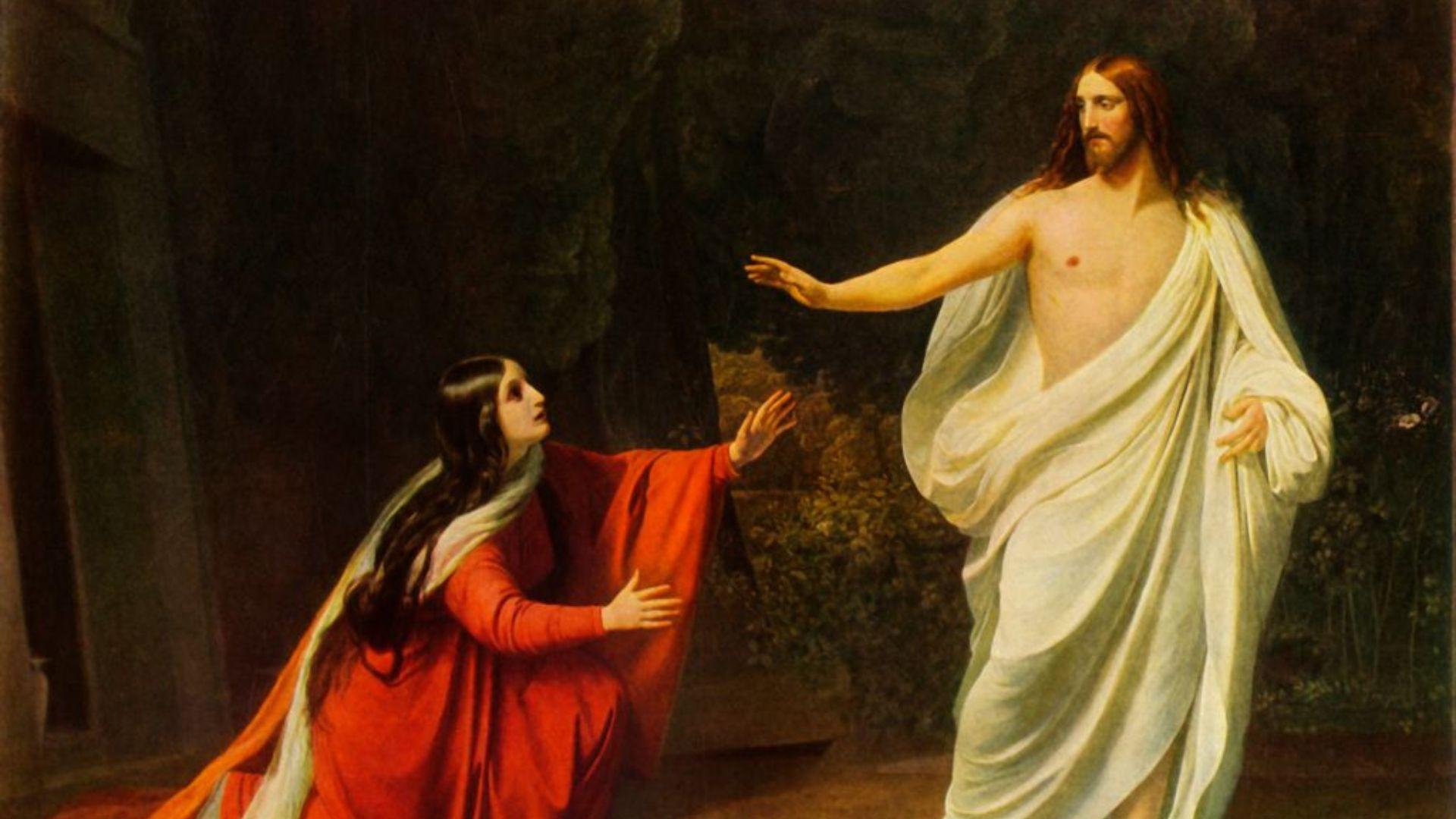
Source: Getty Images
This project by Uterwijk encourages a reassessment, urging us to visualize Jesus more closely aligned with his actual geographical and cultural roots.
A.I.'s Role in Reimagining History
Bas’s rich experience in computer-generated images plays a vital role. The A.I. software he employs is trained on numerous human faces from photographs and paintings.
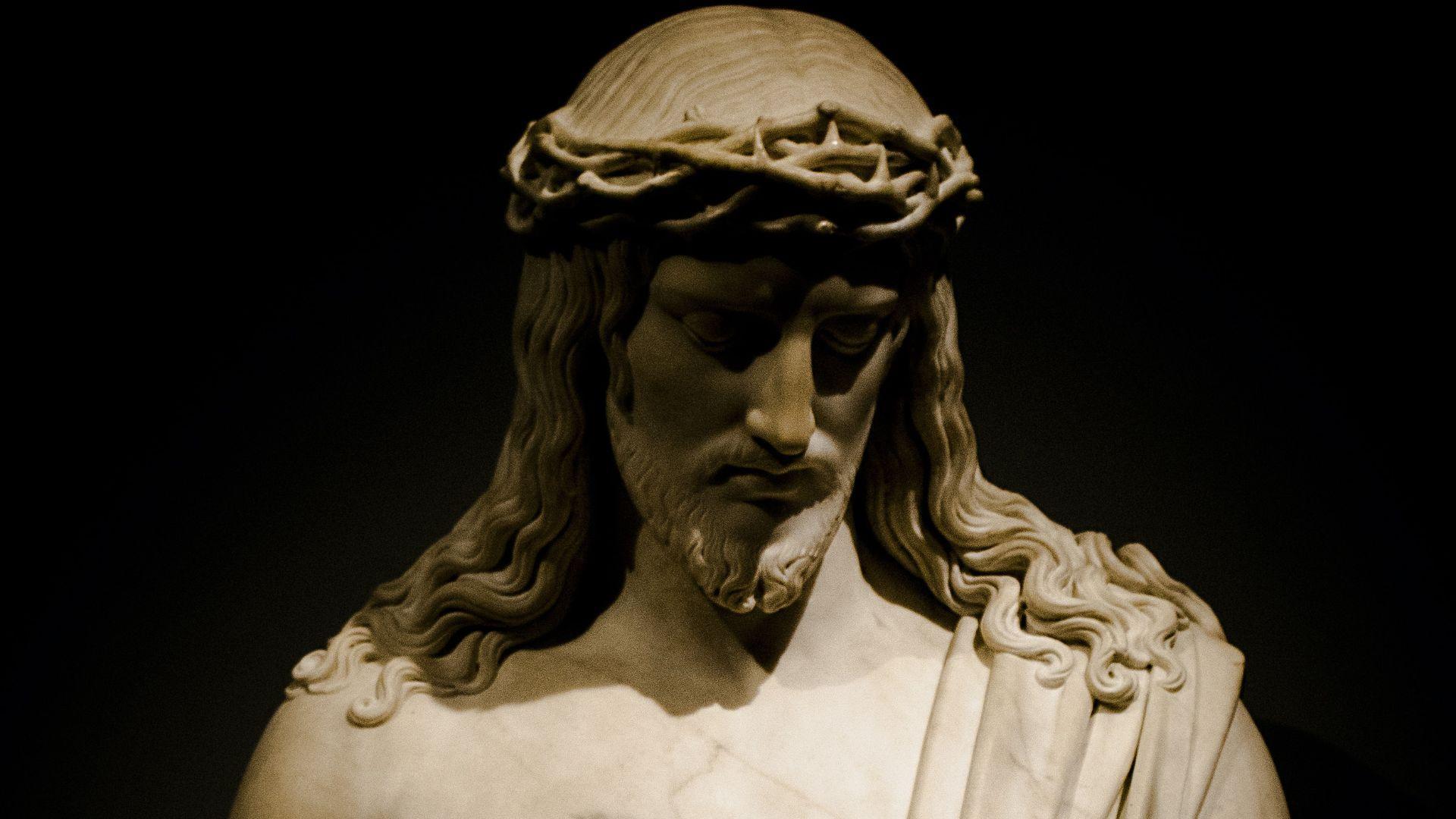
Source: Alessandro Bellone/Unsplash
This tech marvel allows the merging of diverse facial sources into a synthesized version, with Bas steering the artistic outcomes.
The Real Face of Jesus
Born in the eastern Mediterranean region, which encompasses modern-day Israel, Palestine, and Jordan, Jesus would likely have embodied Middle Eastern features.
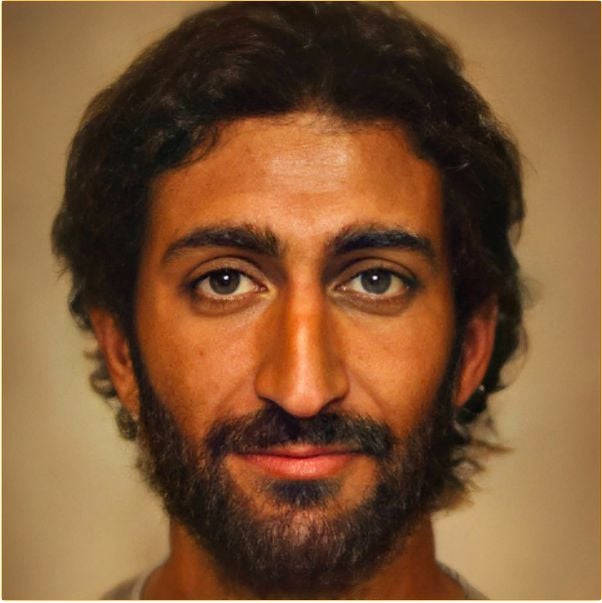
Source: ganbrood/Instagram
This suggests dark hair, brown eyes, and a tanned complexion. Thanks to Uterwijk’s innovative approach, we are now presented with a depiction that resonates more with this historical understanding.
Drawing Inspiration from the Masters
Bas Uterwijk’s approach is comprehensive, he explained, “I used several cultural depictions of Jesus of Nazareth of Byzantine and Renaissance origin including Leonardo Da Vinci’s “Salvator Mundi”, and the Turin Shroud, tweaking the ethnicity to a more convincing Middle-Eastern face”
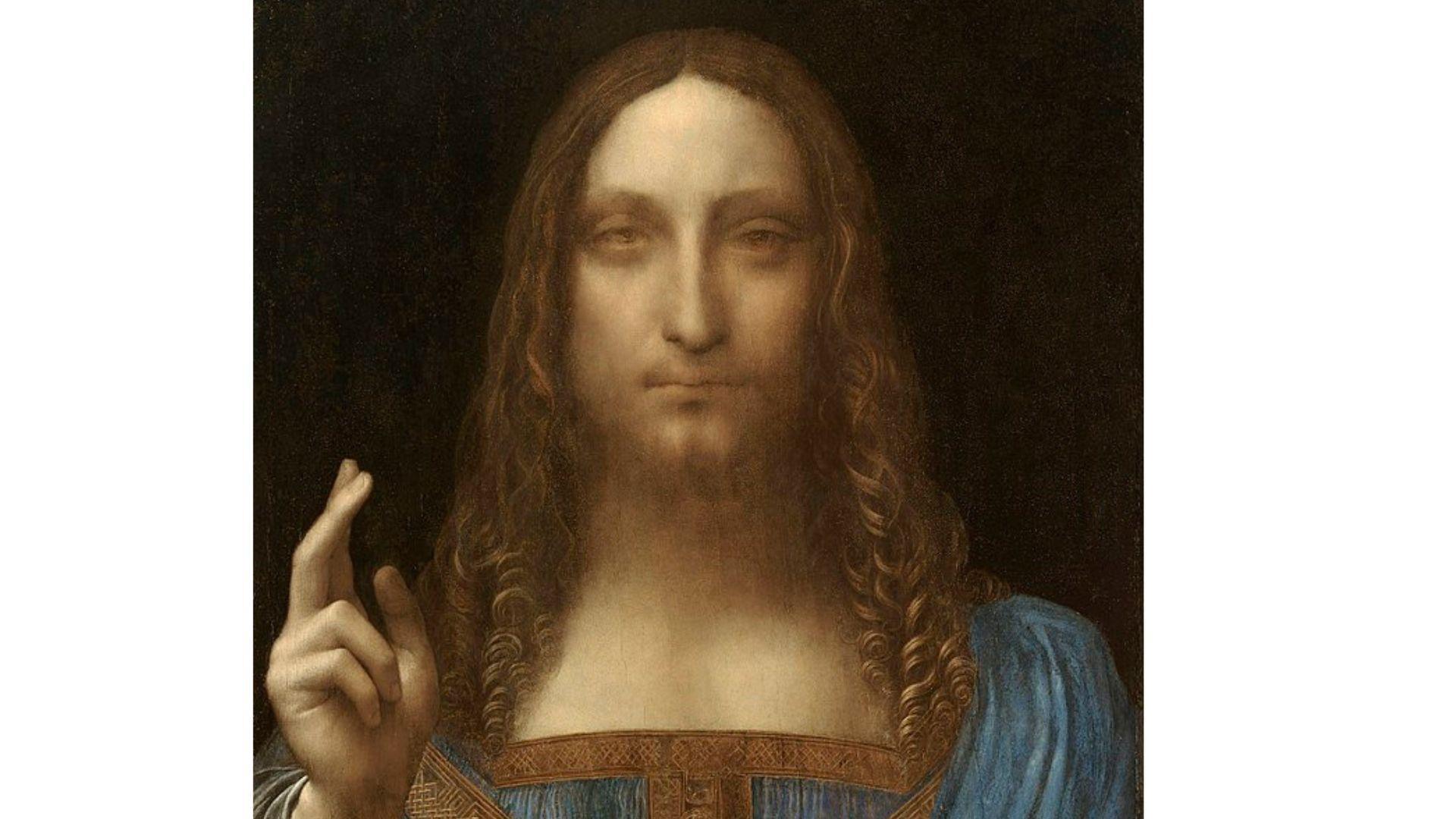
Source: Wikimedia Commons
This blending of various classical representations, when processed through A.I., crafts a portrait that feels both familiar and novel, giving us a potentially truer visual essence of Jesus.
The Intersection of Faith and Tech
The convergence of A.I. technology and religious iconography can be a delicate affair. It challenges traditional viewpoints and asks us to consider the roles technology can play in shaping and understanding our spiritual beliefs.
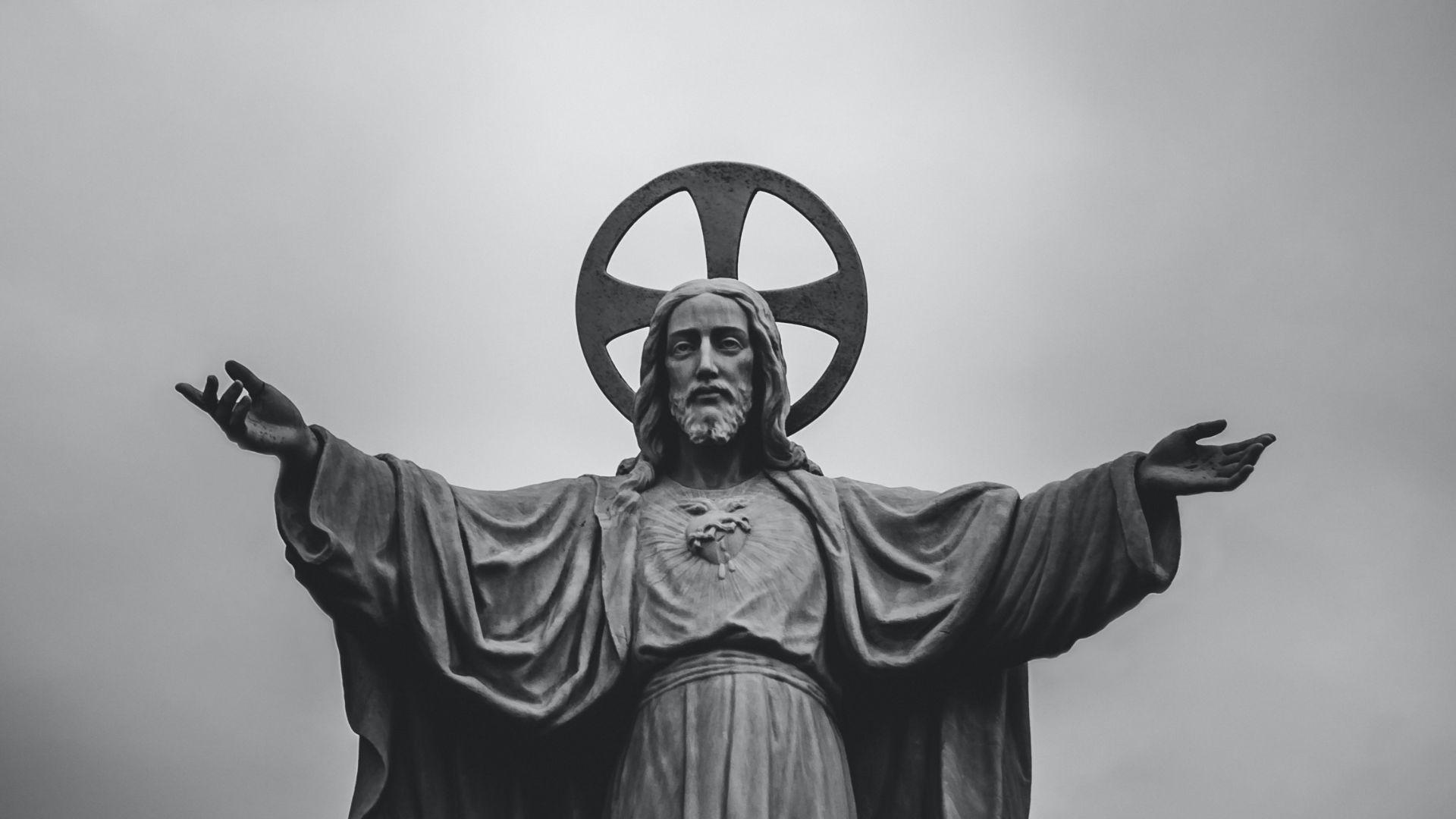
Source: Arturo Rey/Unsplash
It’s an intersection of the ancient and the futuristic, opening new avenues of discussion and offering a new way to connect with religious history.
Beyond Jesus: A.I.'s Portraits of Historical Icons
Uterwijk’s artistic ambitions don’t stop at Jesus. His work, which can be seen on his website or on Instagram, has breathed life into a variety of historical figures, reshaping how we imagine and relate to prominent historical personalities.
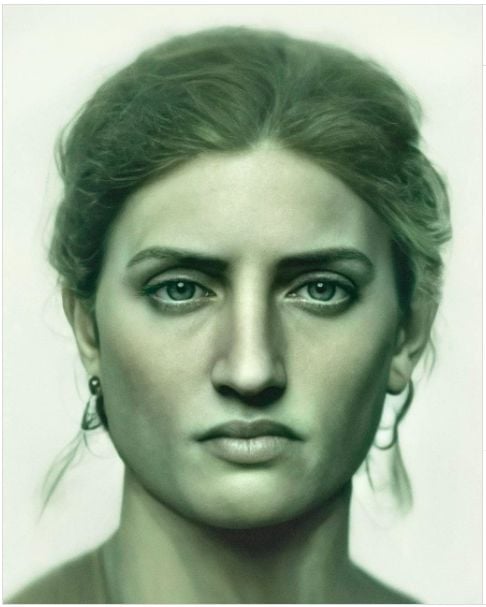
Source: ganbrood/Instagram
The Statue of Liberty, a symbol known worldwide, undergoes a transformation under Bas’s artistic touch. Through his innovative methods, he envisions what this embodiment of freedom might have looked like as a living, breathing individual, adding depth and relatability to an iconic monument.
Visualizing Legendary and Mythical Figures
Drawing from various tales, including renowned author Mary Shelley and the mythical Lillith, Bas showcases how stories can be transformed into almost real images.
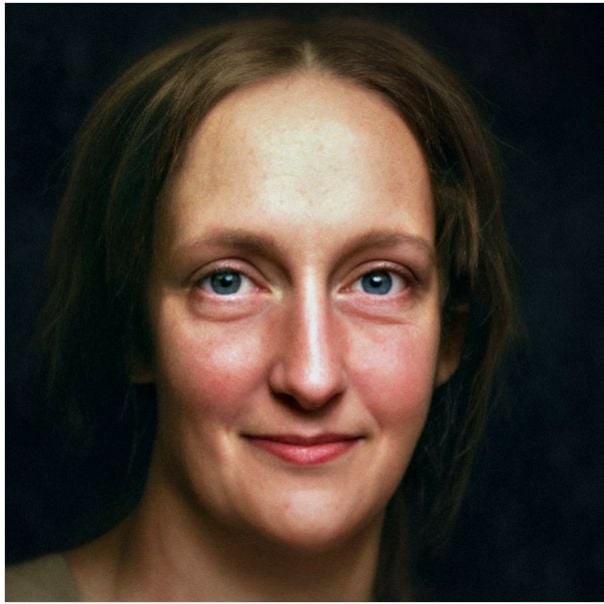
Source: ganbrood/Instagram
Using advanced A.I. techniques, he masterfully blurs the lines between fabled legends and tangible realities, creating a captivating blend of art and technology.
Embracing the A.I. Revolution
Bas Uterwijk creates this blend brilliantly in his stunning creations. His pieces invite viewers to explore the transformative power of A.I. in art.
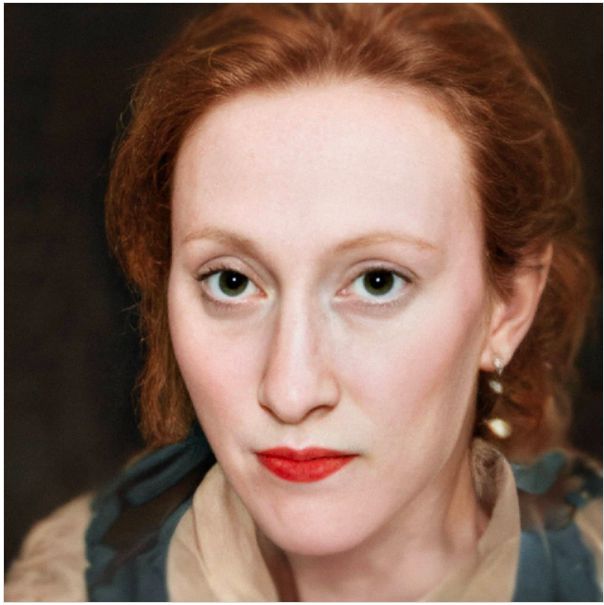
Source: Ganbrood/Instagram
By examining his works closely, you can discover how modern tech can redefine our connection to history and art, offering a fresh perspective on traditional narratives.
